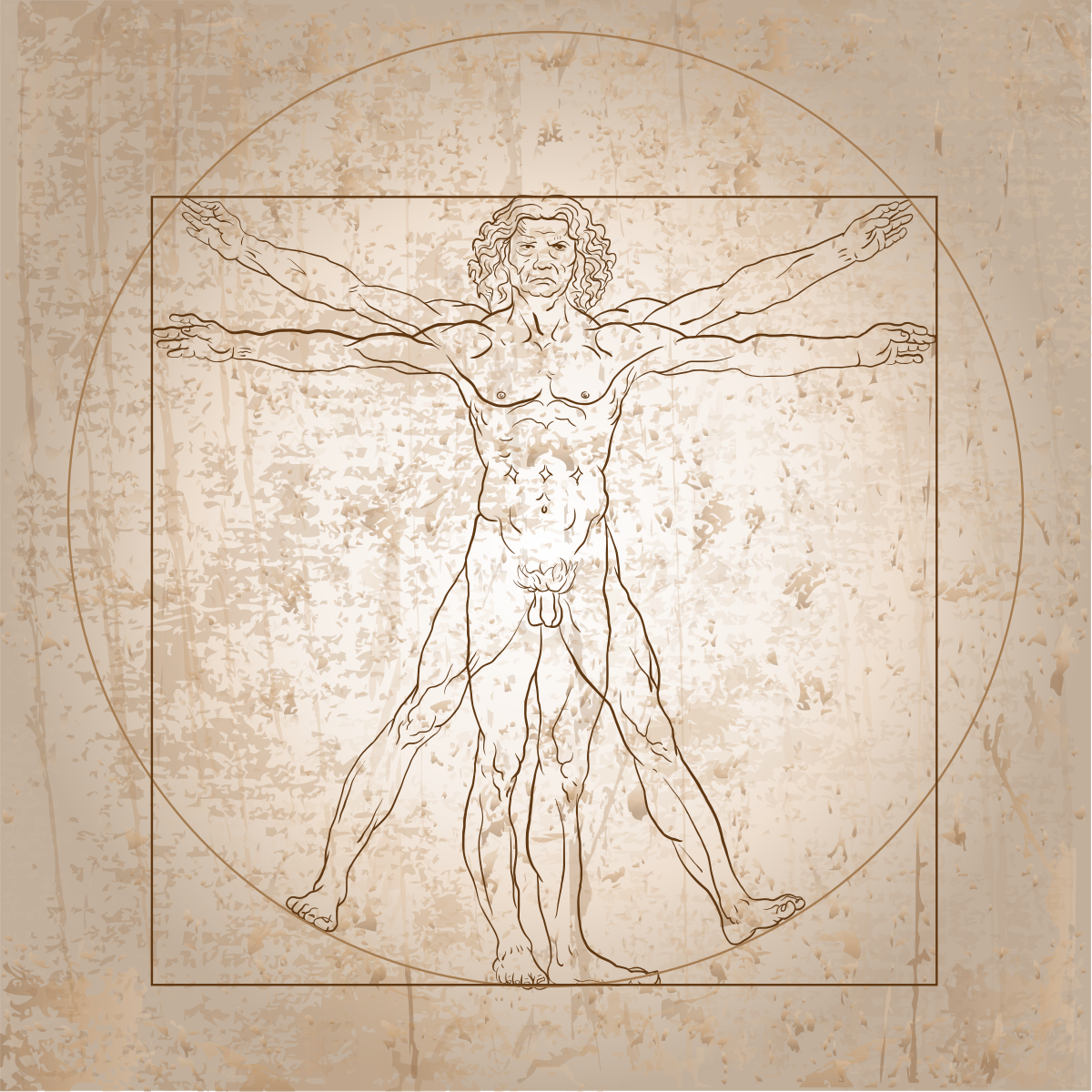The Biotech-Industrial Complex Gets Ready to Define What is Human
By Stuart Newman,
CounterPunch
| 08. 16. 2019
Newly approved human-animal chimera procedures are just some of a number of scientifically and ethically questionable techniques that are being soft-pedaled and normalized on a daily basis.
Fabricating part-human-part-nonhuman animals, with features of both, seemed like something out of Greek mythology until the late 20th century. New research then on “geeps,” fully developed, viable mixtures of goats and sheep, showed that constructing such “chimeras” was a real possibility. Still, the warning by H.G. Wells, a century before, in his novel “The Island of Dr. Moreau,” that scientific experiments like this could go terribly awry, seemed fantastical. But this will soon change. At the end of July, it was reported that the biologist Juan Carlos Izpisúa Belmonte, director of a laboratory at the Salk Institute in California, produced fetal human-monkey chimeras. He did this in collaboration with researchers in China. And this month the Japanese government is expected to give the go-ahead to scientist Hiromitsu Nakauchi, leader of teams at the University of Tokyo and Stanford University in California, to conduct similar experiments with the goal of bringing human-pig chimeras to full term. These novel forms of life will soon be among us.
Dr. Nakauchi acknowledges that the concerns of Wells and later writers like Aldous...
Related Articles
By Mary Annette Pember, ICT News [cites CGS' Katie Hasson] | 04.18.2025
The sight of a room full of human cadavers can be off-putting for some, but not for Haley Omeasoo.
In fact, Omeasoo’s comfort level and lack of squeamishness convinced her to pursue studies in forensics and how DNA can be...
Gray wolf by Jessica Eirich via Unsplash
“I’m not a scarcity guy, I’m an abundance guy”
– Colossal co-founder and CEO Ben Lamm, The New Yorker, 4/14/25
Even the most casual consumers of news will have seen the run of recent headlines featuring the company Colossal Biosciences. On March 4, they announced with great fanfare the world’s first-ever woolly mice, as a first step toward creating a woolly mammoth. Then they topped that on April 7 by unveiling one...
By Katrina Northrop, The Washington Post | 04.06.2025
photo via Wikimedia Commons licensed under CC by 3.0
China's most infamous scientist is attempting a comeback. He Jiankui, who went to jail for three years after claiming he had created the world's first genetically altered babies, says he remains...
By Anumita Kaur [cites CGS’ Katie Hasson], The Washington Post | 03.25.2025
Genetic information company 23andMe has said that it is headed to bankruptcy court, raising questions for what happens to the DNA shared by millions of people with the company via saliva test kits.
Sunday’s announcement clears the way for a new...




